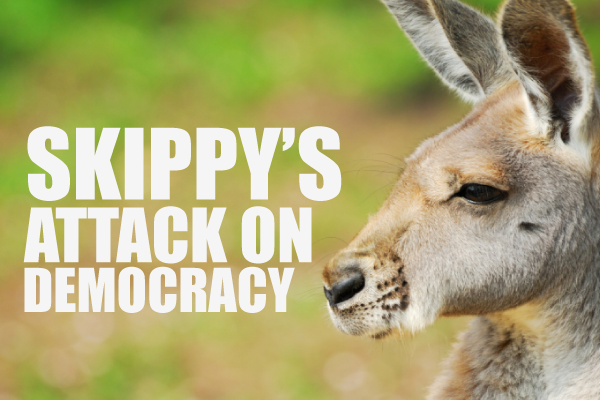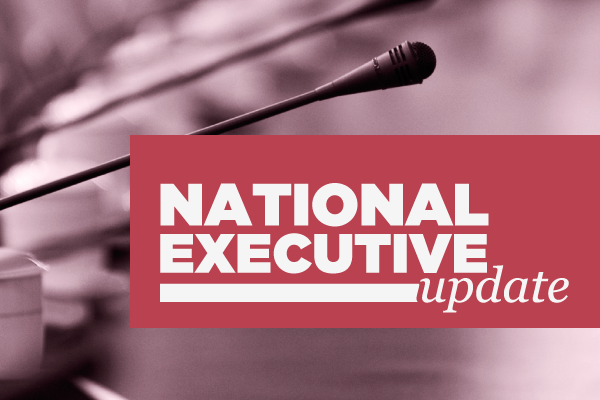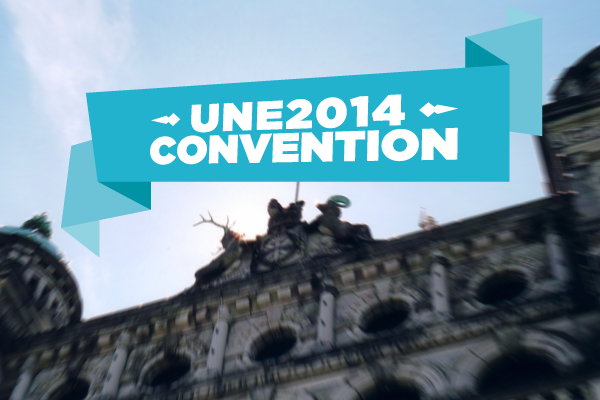
by Geoff Ryan
Too often, Canada’s First Nations, Métis and Inuit people are grouped into a category: Aboriginal Peoples. While this makes it easier to talk about a community that generally faces similar challenges and shares a common heritage, it does leave the impression that the group is homogenous. As we know, it’s anything but!
Our most recent census revealed that Canada is home to over 60 aboriginal languages. Of these, Inuktitut is the language of Canada’s Inuit.
But the language isn’t immune to modern pressures. In 2011, 63% of Inuit reported being able to carry a conversation in Inuktitut; a 6% drop from just five years earlier.
Luckily, the Nunavut government recognizes the importance of keeping the language alive and thriving.
For 10 years now, the territory has been celebrating Uqausirmut Quviasutiqarniq (Inuktitut Language Week), each year. It’s just one of many ways the government is trying to encourage its population to learn about the language’s history and its importance to the community.
This year, Nunavut is celebrating its language from February 17 to 28, under the theme of: “Our Language Keeps Our Culture Strong”.
There are over 35,000 people who speak Inuktitut and over 28,000 who use it as the primary language in their home. Most of these people live in Nunavut, Nunavik (northern Quebec), Inuvialuit (N.W.T.) and Nunatsiavut (Labrador), but there are Inuktitut speakers in every province and territory in Canada.
So do you want to learn some Inuktitut?
Well, there is an app for that… seriously! Developed by Pinnguaq, a Nunavut-based company, Singuistics teaches Inuktitut though songs while showing you images of Inuit art. It also features traditional and original songs by Inuit musicians alongside illustrations by Nunavut’s best artists.
The app is available to download on the App Store, for iPhone and iPad. Pinnguaq Director Ryan Oliver says iPod and Mac versions of the app are coming soon.
“We’re hoping to have an Android and Windows App Store version of the App available by the end of 2014,” added Oliver. “By that time, we’re also hoping to have versions of Singuistics in 5 other Indigenous languages. We’re aiming to do Cree, Mi’kmaq, Ojibwe, Dene and Gwech’in versions of Singuistics this year.”
Oliver is also looking forward to the end of March, when Singuistics will feature four new songs, three of which are from an Iqaluit band named The Jerry Cans.
“It will provide a more contemporary look at how Inuktitut is being spoken and sung these days,” explained Oliver.
But there’s one thing an App can’t teach you: if you are looking for the Inuktitut word for “hello”… sorry, you won’t find one.
Inuit say hello with a smile.
This article was written by Geoff Ryan as part of our member journalism program. Geoff is the UNE’s national equity representative for persons with disabilities, president of Local X0150 and a resident of Nunavut for over 30 years.








